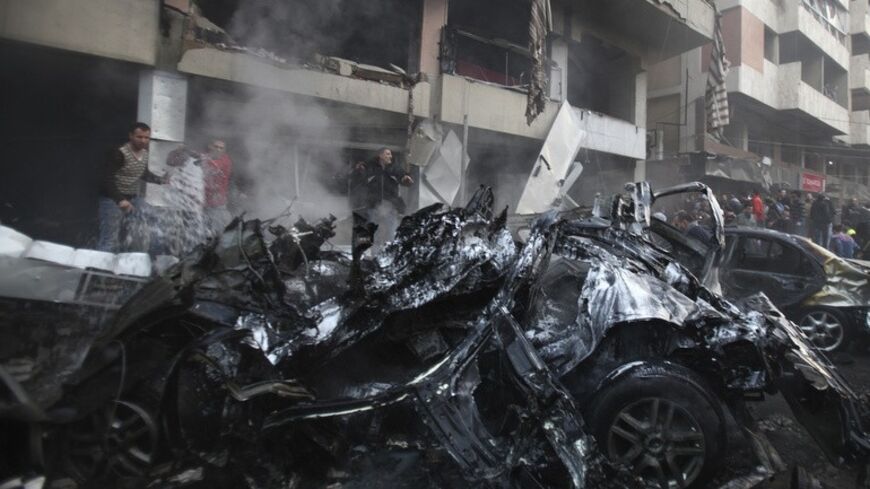TEHRAN — A few days after his arrest, the chief of Lebanon's al-Qaeda branch was pronounced dead by the authorities. “His health condition deteriorated,” said a military source in Beirut, explaining that Majid al-Majid suffered from kidney failure. “He was treated at the hospital before his arrest, and later, after falling in the hands of the army, he was given appropriate care. But God’s will is above all wills.”
According to another source — an officer close to the investigation process — Majid wasn’t interrogated. “His health condition didn’t give the investigators the chance to ask him. He was in a dire situation, and the priority was to save his life,” said the source. Majid died early Saturday, Jan. 4, and what was believed to be a fortune of information and secrets was transformed into a sort of mirage. Many were awaiting his confessions, hoping that he would solve many of Lebanon's bloody riddles.



